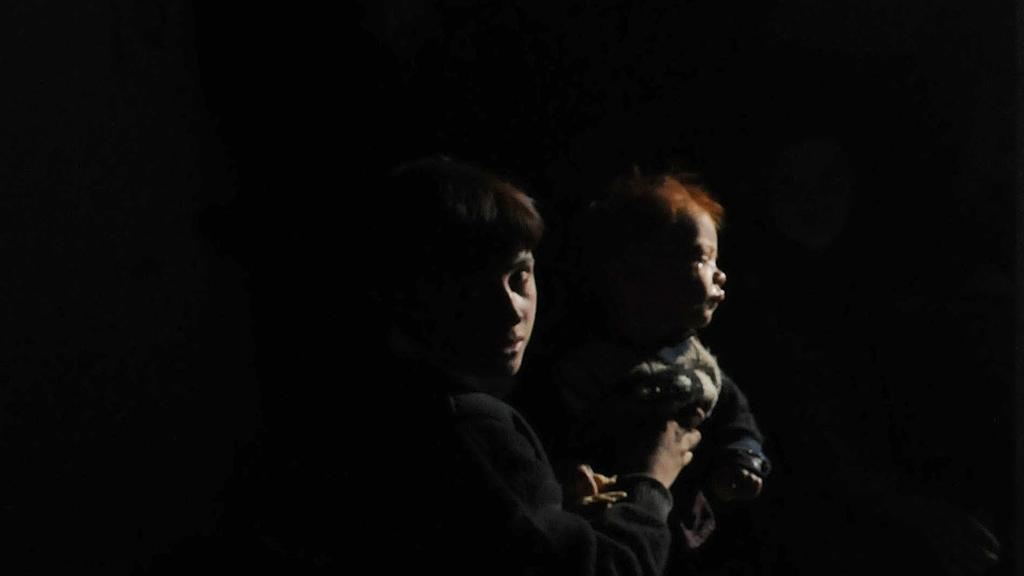As a second wave of the Covid-19 pandemic threatens medical infrastructure across Afghanistan, many couples in the conservative country, where family planning is largely considered a taboo, have begun opting for contraceptive services out of fear of a risk to their health.
Masouma Sarwar, a 28-year-old university professor and a mother of three children, is part of a small but increasing number of Afghan women who are seeking contraceptive services to take control of their reproductive health.
Having had Covid-19 earlier this year and still feeling the consequences, such as brain fog, forgetfulness and physical weakness, she and her husband have decided that it would be best not have another child until the pandemic is over.
“The risks of having a baby during these times in Afghanistan are too high,” she said while waiting for her sister-in-law in the courtyard of the Malalai Maternity Hospital in central Kabul. She had just given birth via Caesarean at the hospital, braving a pregnancy with many challenges brought on by coronavirus.
“Nearly everyone in our family has had Covid, and we had to make sure [my sister-in-law] remained safe. We isolated her and took all the precautions we could. We were very afraid of losing her,” she said.
Like many other Afghan families, her brother and his wife considered a home birth to limit the risk of contracting infections from the hospital, but complications in the pregnancy meant that couldn’t happen.
In a deeply conservative and patriarchal society like Afghanistan, families are traditionally large, with every new child seen as sign of prosperity and virility. There is no official census data available, but it is estimated that nearly one million children are born in Afghanistan every year.
The subject of family planning and use of contraceptives is considered to run counter to religious beliefs, making those like Ms Sarwar social outliers.
Read full report on The National
